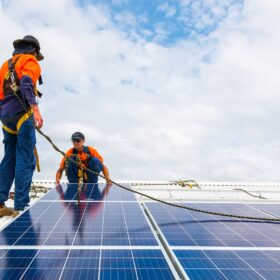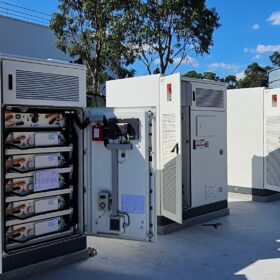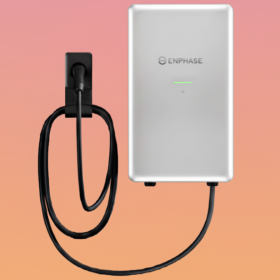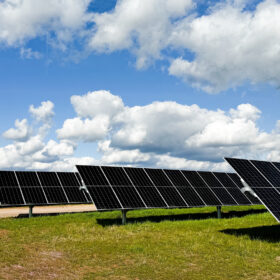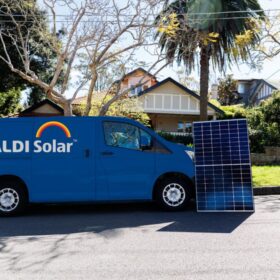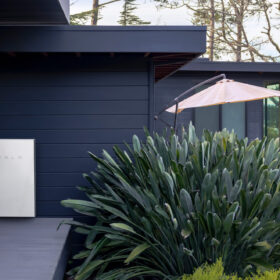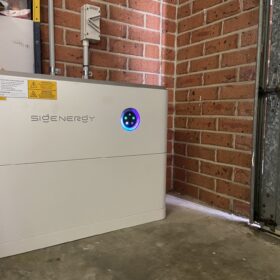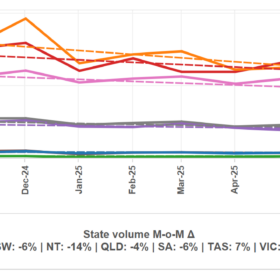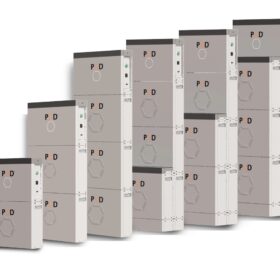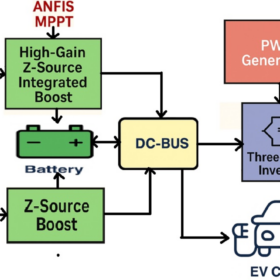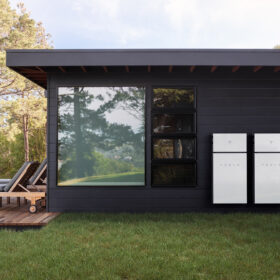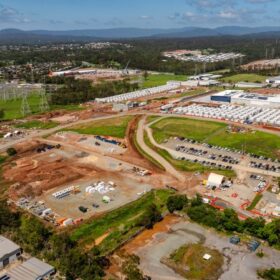CEC says rooftop solar on track to eclipse 2030 target
Australia is on track to exceed its 2030 rooftop solar targets with a combined 1.1 GW of new capacity installed across 115,584 households and businesses in the first half of 2025.
Survey shows battery boom extends to C&I sector
Early results from a survey of Australia’s commercial and industrial solar industry reveal surging demand for battery energy storage systems and increasing service expectations.
Enphase presents bidirectional EV charger
The microinverter company has disclosed details on the architecture of its IQ Bidirectional EV Charger, which will be available for sale in the second half of 2026. It is reportedly able to deliver up to 11.5 kW of bidirectional power.
Wollemi Capital pumps $100 million into distributed solar, battery strategy
Climate-focused venture capital firm Wollemi Capital has committed to investing more than $100 million to expand renewables developer MPower’s pipeline of mid-scale solar and battery energy storage projects after finalising its acquisition of the company.
Supermarket giant expands rooftop solar and battery offer
Budget supermarket chain Aldi is expanding its residential solar business, opening up sales of its rooftop PV and battery energy storage packages to customers in Australia’s eastern states after a trial in Victoria.
Two months into federal home battery scheme, uptake hits 825 MWh
Data released by the Clean Energy Regulator shows the pace of residential battery installations is cracking on with a total of 43,517 installations since 1 July 2025, or the equivalent of 888 per working day.
Household battery uptake continues to boom
Battery installations in Australian homes and businesses have surged on the back of the federal government’s $2.3 billion home battery subsidy with new data revealing 423 MWh of battery energy storage capacity was registered across the country in August 2025.
Rooftop solar installation rates trending down
Australia’s rooftop solar market continues to ease with the latest data from market intelligence outfit SunWiz revealing that national installation volumes dropped off by 12% in August compared to the previous month.
PowerCap takes its sodium-ion battery tech to Europe
After witnessing strong demand for its sodium-ion technology in Australia, Queensland company PowerCap is taking its stationary energy storage products to the European market. The initial launch will cover Italy, Germany, and Spain, with further expansion on the cards.
Novel MPPT technique for EV charging combined with PV, fuel cells
Scientists from India have designed a novel electric vehicle system with a reported efficiency of 98.7%, using PV panels, a proton-exchange membrane fuel cell, battery storage and supercapacitor, with hopes to expand the concept to renewable-energy-based DC microgrids with vehicle-to-grid (V2G) capability.
